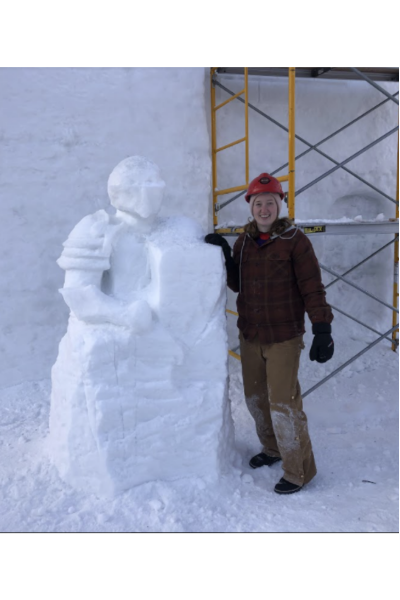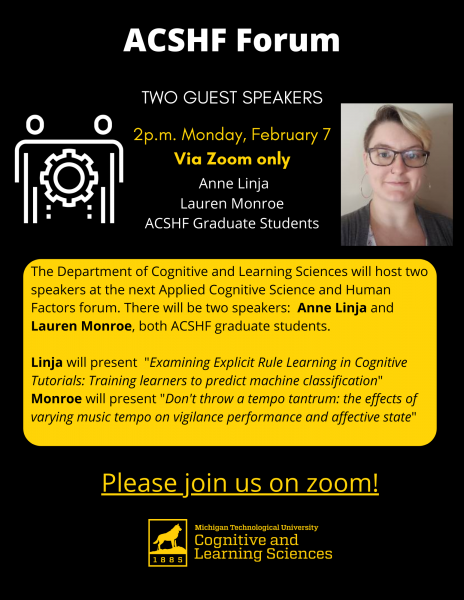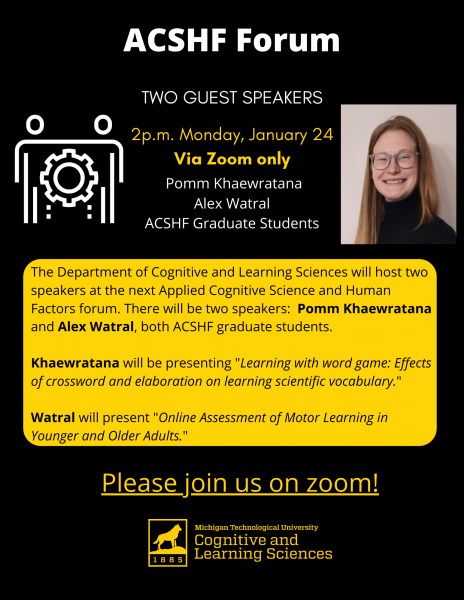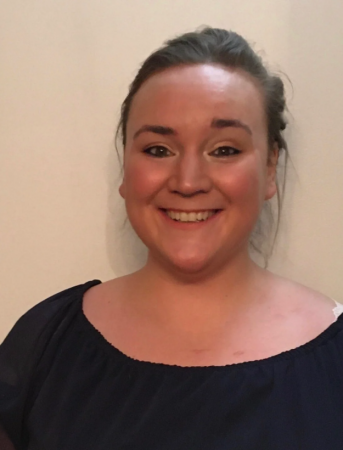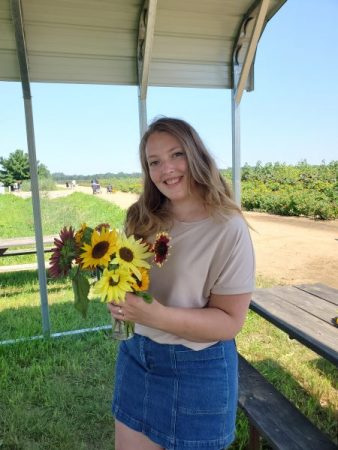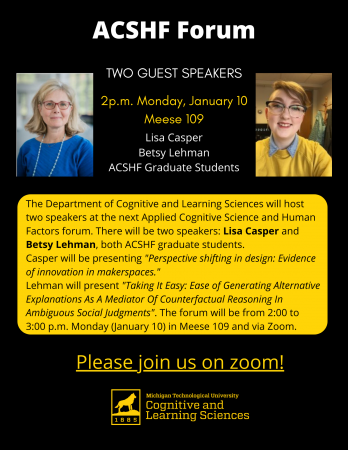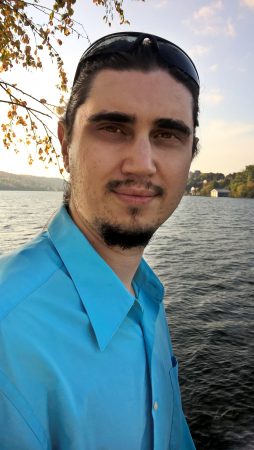The Applied Cognitive Science and Human Factors (ACSHF) Forum will be held from 2-3 p.m. Monday (Feb 21) virtually via Zoom. Our speaker is Kyle Wilson, Ph.D. Kyle is a Human Factors Senior Scientist and Team Lead at the company Seeing Machines in Canberra, Australia.
Title: Driver behaviors and safety risks surrounding new in-cabin technology: Three case studies from human factors research in automotive and rail environments.
Brief Description: Dr. Wilson will discuss three human factors studies he was involved with in the transport space – each with a focus on how people experience new technology and related implications on safety and performance. He’ll cover:
- One of the world’s first on-road automated vehicle studies with a primary focus on driver behaviour
- Field research involving 10+ hour night shifts in the cramped cabin of a coal train
- An on-road study evaluating safety and usability of an app that tells drivers when the traffic light is going to change
For each study he’ll discuss the goals, approach taken, findings and outcomes. Throughout, he also intends to highlight challenges and lessons learned, in what was sometimes ‘messy’ applied research.


